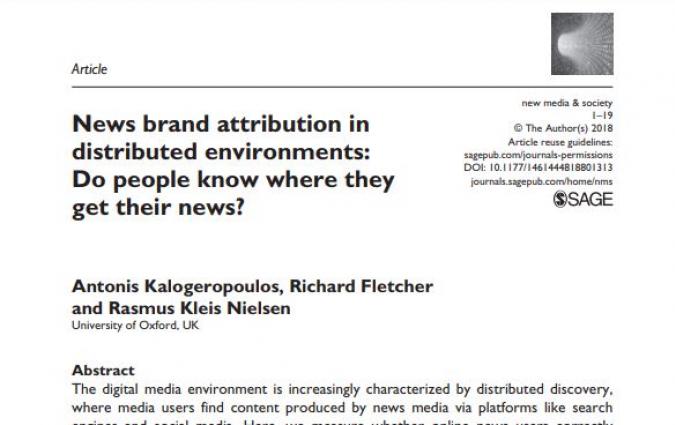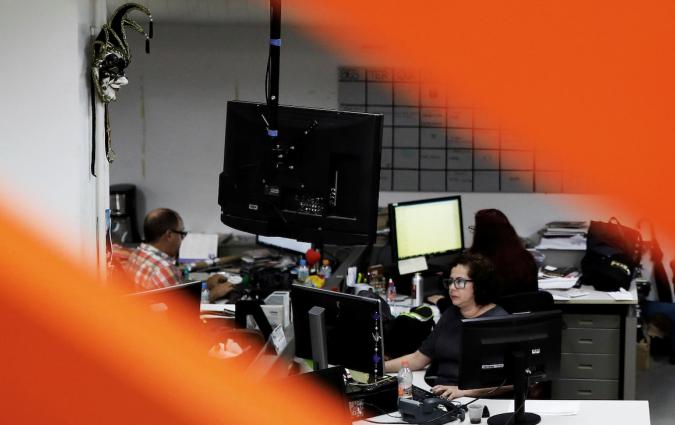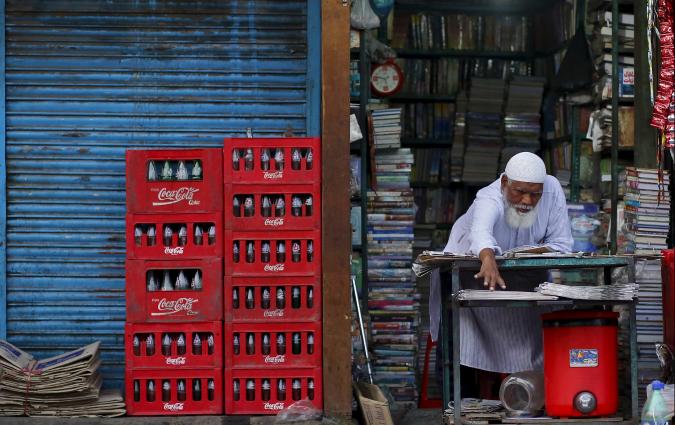Media Propaganda and the Kashmir Dispute: A Case Study of the Kashmir Floods

Reuters Institute Fellow's Paper
Reporting disasters in conflict regions can often be politicised, as journalists struggle to remain independent of contesting political ideologies.
A new study ‘Media Propaganda and the Kashmir Dispute: A Case Study of the Kashmir Floods’ written by Wasim Khalid, a freelance journalist based in Srinagar, examines coverage of the floods that devastated Kashmir in September 2014.
The study compares how the floods were reported by India’s national media and by international media. Two questions were posed: was the coverage by Indian journalists, reporting for the country’s national news outlets, biased towards India’s armed forces and government? How did the reporting of the floods by Indian national media differ from reporting by international media?
Based on content analysis of reports published in the Times of India newspaper and broadcast on New Delhi TV (NDTV) in the week immediately after the floods, the research reveals that New Delhi-based media coverage was overwhelmingly in favour of the Indian government and armed forces. The Times of India devoted more than half (57%) of its coverage specifically to the army’s relief efforts and NDTV focused almost entirely (97%) on the role played by the army and the government in the crisis. Both outlets appear to have ignored the contribution made by local Kashmiri volunteer rescuers. Indian media coverage was also notably security-centric, possibly to create sympathy for the Indian army, typically viewed as an occupying force in the region.
The study did not address whether this was a deliberate policy and no evidence was therefore put forward to support this. The study demonstrates that the international media (BBC online, Al Jazeera, Reuters and the Financial Times, London) presented a more balanced view of the crisis, recognising the work of all actors involved in rescue operations. Kashmiri people featured in the reporting, and their voices and political views were quoted. The international media also reported the political context of the disaster in an objective way. This was notably different to how it was reported by the Indian media.
As with all Fellows’ research papers, any opinions expressed are those of the author and not of the Institute.
Image: REUTERS/Danish Ismail






